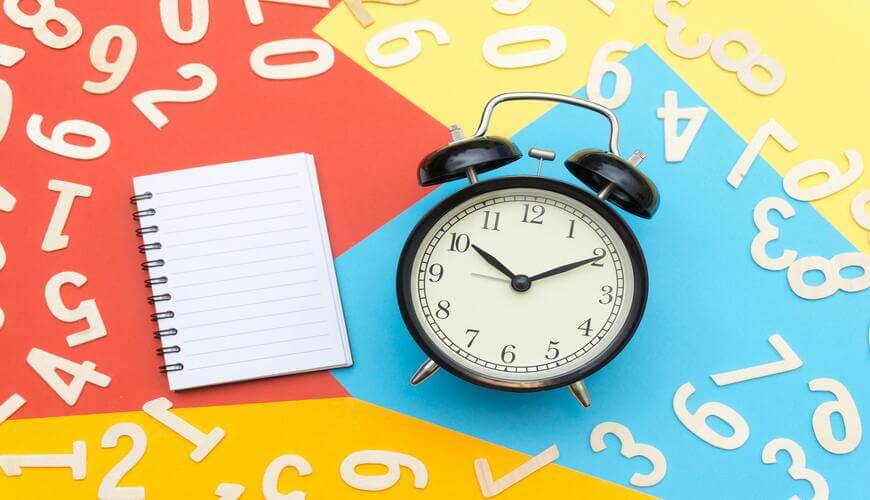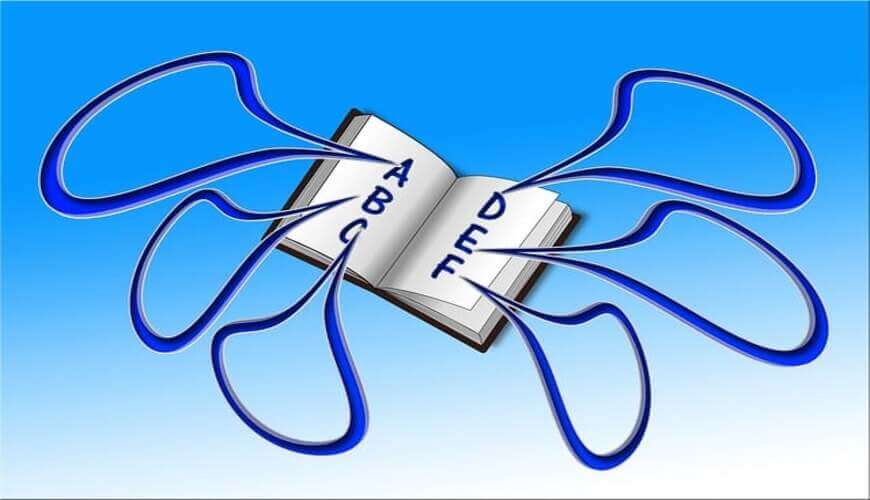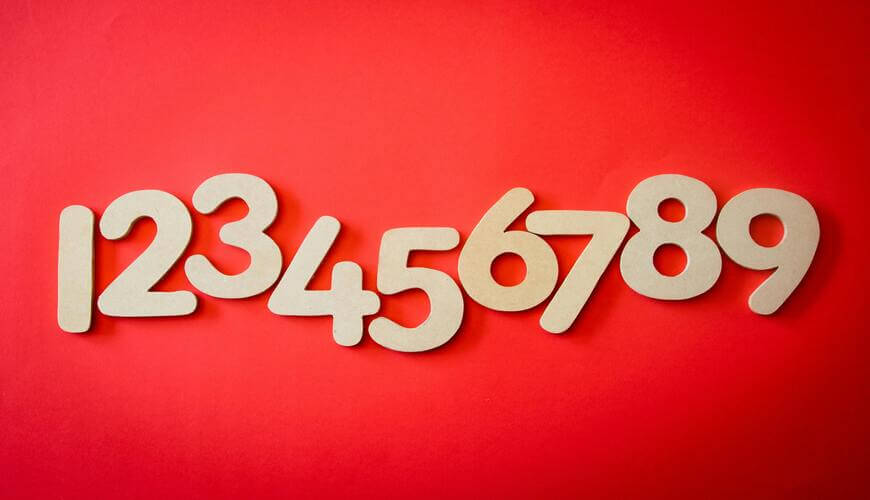1. Introduction to the Subjunctive
- What is the Subjunctive Mood?
- Explanation: The subjunctive (congiuntivo) is used to express doubt, uncertainty, wishes, emotions, or subjective opinions.
- Contrast with the indicative mood (used for facts and certainties).
- Examples:
- Indicative: Sono felice che sei qui (I am happy you are here).
- Subjunctive: Sono felice che tu sia qui (I am happy that you are here).
- Key Indicators for the Subjunctive:
- Phrases that trigger the subjunctive:
- Che (that): Penso che, spero che.
- Conjunctions: Affinché (so that), benché (although), purché (provided that).
- Verbs of emotion, doubt, or uncertainty: Volere, credere, temere, desiderare.
- Phrases that trigger the subjunctive:
- When to Use the Subjunctive:
- Expressing wishes: Spero che tu venga (I hope you come).
- Expressing doubt: Non credo che lui capisca (I don’t think he understands).
- After impersonal expressions: È importante che tu studi (It’s important that you study).
2. Common Uses and Conjugations
- Present Subjunctive (Congiuntivo Presente):
- Regular conjugation patterns:
- -ARE verbs: che io parli, che tu parli, che lui/lei parli, che noi parliamo, che voi parliate, che loro parlino.
- -ERE verbs: che io legga, che tu legga, che lui/lei legga, che noi leggiamo, che voi leggiate, che loro leggano.
- -IRE verbs: che io dorma, che tu dorma, che lui/lei dorma, che noi dormiamo, che voi dormiate, che loro dormano.
- Highlight similarities and differences from the indicative mood.
- Regular conjugation patterns:
- Irregular Verbs in the Present Subjunctive:
- Common irregular verbs and their forms:
- Essere: che io sia, che tu sia, che lui/lei sia, che noi siamo, che voi siate, che loro siano.
- Avere: che io abbia, che tu abbia, che lui/lei abbia, che noi abbiamo, che voi abbiate, che loro abbiano.
- Andare: che io vada, che tu vada, che lui/lei vada, che noi andiamo, che voi andiate, che loro vadano.
- Sapere: che io sappia, che tu sappia, che lui/lei sappia…
- Tips for memorizing these irregular forms.
- Common irregular verbs and their forms:
- Other Subjunctive Tenses (Brief Mention):
- Imperfect Subjunctive (Se io fossi – If I were).
- Past Subjunctive (Penso che lui abbia mangiato – I think he ate).
3. Practice with Subjunctive Sentences
- Exercise 1: Fill-in-the-Blank Sentences
- Complete sentences using the subjunctive mood. Example:
- Spero che tu ___ (parlare) con lui. → Spero che tu parli con lui.
- Complete sentences using the subjunctive mood. Example:
- Exercise 2: Identify the Mood
- Indicate whether the verb should be in the indicative or subjunctive. Example:
- So che lui (essere) a casa. → Indicative.
- Penso che lui (essere) a casa. → Subjunctive.
- Indicate whether the verb should be in the indicative or subjunctive. Example:
- Exercise 3: Subjunctive Triggers
- Match phrases to subjunctive triggers. Example:
- È importante che… → Subjunctive.
- So che… → Indicative.
- Match phrases to subjunctive triggers. Example:
- Exercise 4: Translating to Italian
- Translate English sentences into Italian using the subjunctive. Example:
- I hope that you are well. → Spero che tu stia bene.
- Translate English sentences into Italian using the subjunctive. Example:
- Challenge Exercise: Write a short paragraph using at least five subjunctive phrases.
Course Features
- Lectures 0
- Quizzes 0
- Duration 10 hours
- Skill level All levels
- Language English
- Students 25
- Assessments Yes






